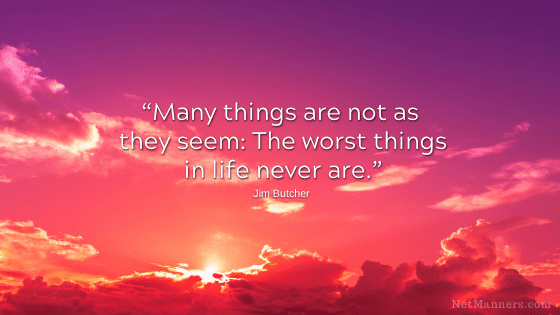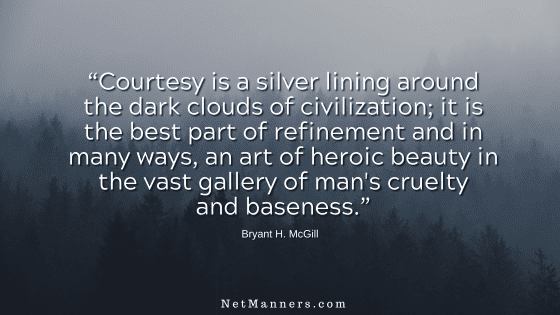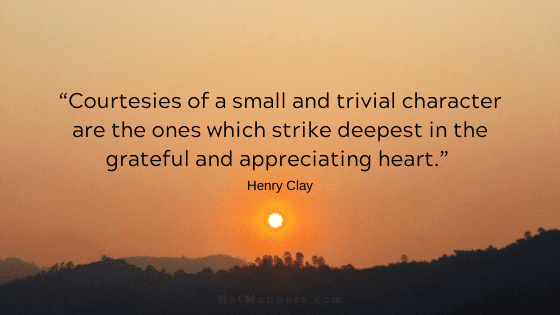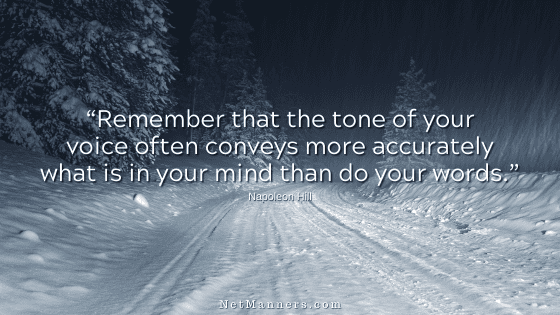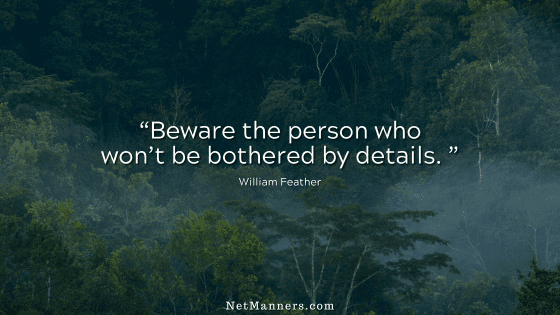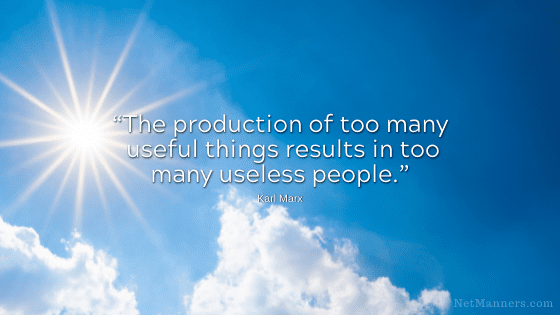If You Wouldn’t Say It To Their Face…
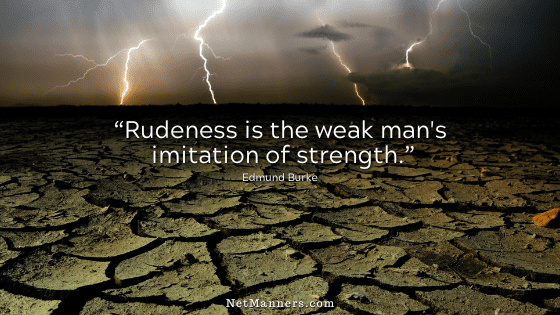
Then Don’t Type It Online!
so-cial : adjective
1. relating to society or its organization.
noun
2. an informal social gathering, especially one organized by the members of a particular club or group.
“Relating to” no longer applies. We have so many divides and tribes that it seems everyone only relates to their little world — not the big picture of society as defined above. As a result, communications now seem more exclusive and narrow-minded. Not good.
The irony of email and social media is that the lack of face-to-face contact has made folks less social. The arrogance, condescension, and nastiness I see while folks hide safely behind these screens make them bolder than usual. Allowing them to type in a manner they wouldn’t dare speak face-to-face.
Business online; life offline.
I only use social media for my business activities and blogs like this one. I’m not there for personal stuff — I don’t share what I’m eating, where I’m going, or my opinions on anything.
My life is offline. I know that makes me an oddball, but that’s the way I like it. When I started my online consulting business 29 years ago, that was the rule I made, and I’ve stuck to it: business online; life offline.
But the “real world” seeps into my streams. Either because I’m following someone who combines personal with business — and boy, is that disappointing when that happens.
Or when a hashtag I’m following is hijacked for unrelated commentary. Profanity, statements of fact that are fiction, condescension for anyone different or of an alternate point of view.
Bold Anonymity
The hate, the nastiness, and often in-your-face ignorance seem to rule the day. I see folks stating things that aren’t true, name-calling, and the “F” word thrown around with ease. I’ve always believed that if you resort to profanities, you have nothing important to say or listen to.
Threads go on and on with user after user piling on with their insults or commentary, trying to outdo the last. It’s sad. Sadly, this is how folks choose to use their time — and energy. All for a moment of attention — “Look at me!”
Unfortunately, this type of communication seems to be increasing daily on social media. Some of the stuff folks type has caused me to say “oh my” or “wow” out loud. I’ve even gasped at some of the terms typed to describe the folks they are replying to.
Ask a question they don’t like — how dare you! Pointing out a fact that may not align with their agenda is overlooked while they type back with venom and vigor. Not a proven fact or piece of established knowledge, and you’d better duck to avoid the barrage of name-calling coming your way.
It’s not about you. It’s about them.
If you are online, you’ll eventually run into these screen warriors. We all know what kind of person uses that language to make their point. It shows they don’t have a point, and we know not to take them seriously. So, we’ll let their choice of vocabulary speak for itself.
From a business communications point of view, which is all I can speak to since that’s all I do online, I run into these folks regularly. I volunteer on forums where I’m there to help folks out. Onliners go there to ask questions and, I assume, get answers.
When I don’t say what they want to hear, I rarely get a “thank you” for spending my time helping out. Instead, in most cases, when they don’t like what I have to offer about a process, platform, or design, I’m the bad guy. Why is that?
A process is a process. A platform is what it is. Design principles and business basics may be subjective, but there are standards and proven ways of doing things to get the best results.
I would assume the same analogy could be made for personal social and email interactions. Facts matter. Words have meaning, and how you use them matters. Nothing changes that.
Would these folks say the comments they type while behind these screens to my face if they were sitting 4 feet from me in my office? Probably not.
While I know some communicate that way, I also understand that the majority are simply frustrated. So I don’t take it personally.
Where do we go from here?
You and I don’t join in. We don’t pile on. We don’t use profanity.
We understand that living, breathing humans are on the other side of the screen. But, while we may not know why they are so negative or terse, that doesn’t dictate whether we react in kind.
When I encounter a nasty person in my day-to-day business communications, I never respond in kind. Instead, I ignore the nastiness and reply with courtesy and uncompromising professionalism.
The same should go for your social media interactions and personal communications. Again, don’t respond in kind. Instead, show the other side how thoughtful people communicate. That’s the only way things will change.
Don’t fall for trolls. Refrain from jumping in on a thread of haters. That doesn’t accomplish anything.
Courtesy & Knowledge
If you want to be taken seriously in your online communications (email, social media, forums), always communicate from the point of courtesy and knowledge. Don’t act like you know what you don’t know.
Make sure you are clear, state facts, and try to communicate so you won’t be misunderstood. If you can’t take the time to sound like a civil, educated human being, take a deep breath and wait until the next day.
Or, better yet, don’t communicate at all.


